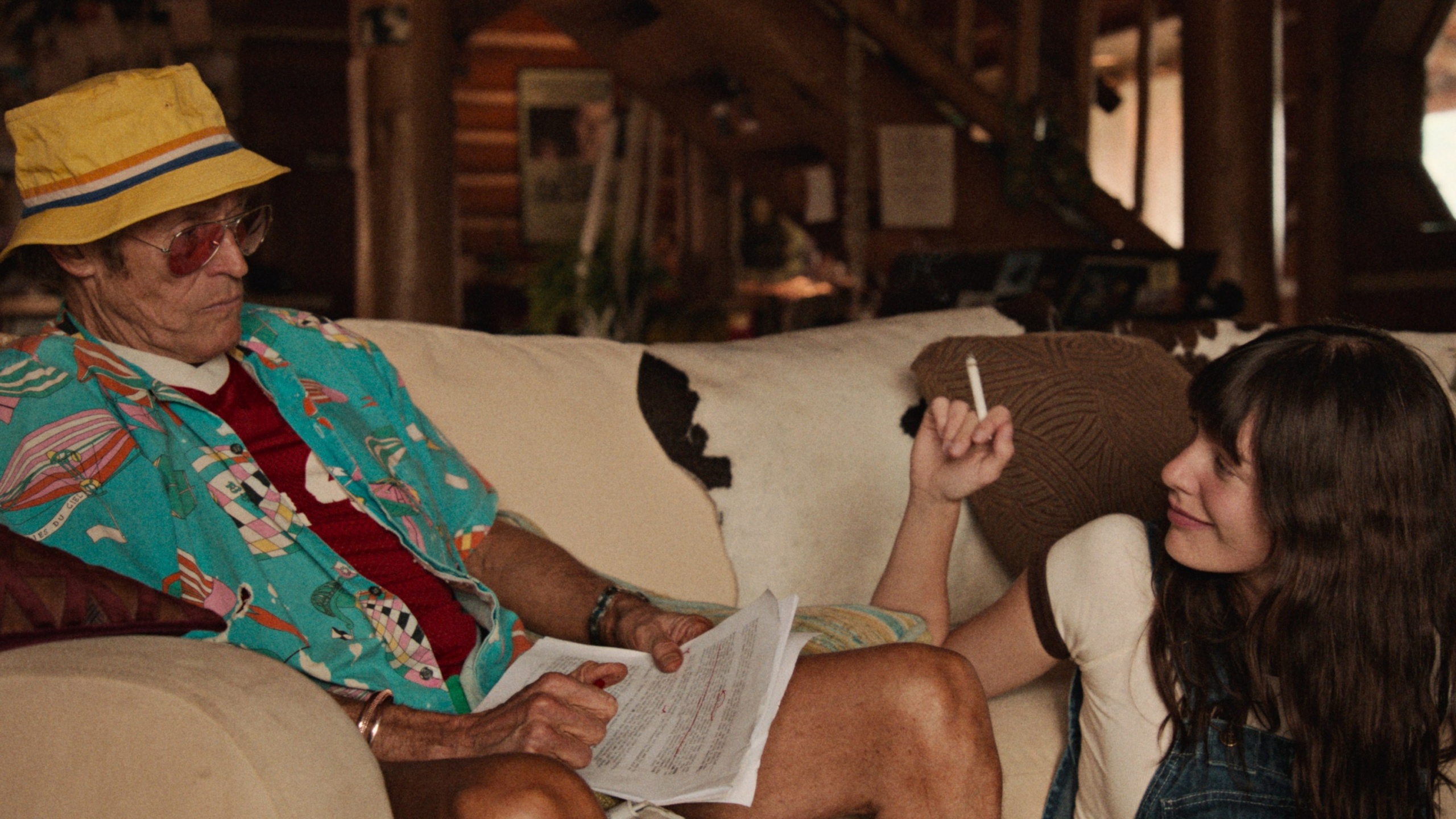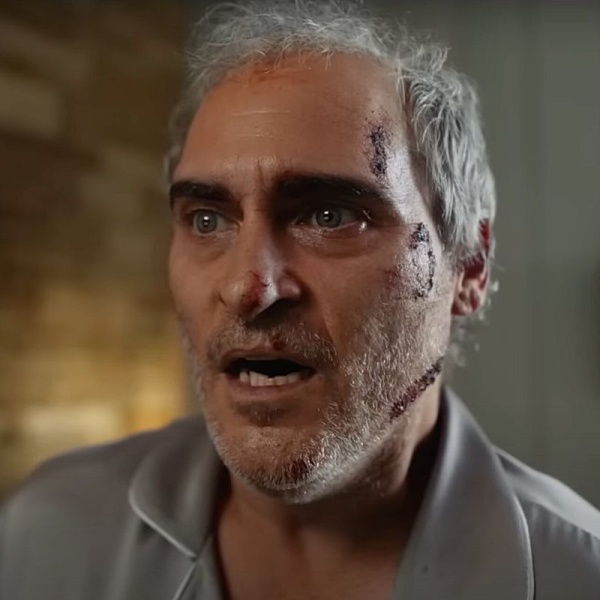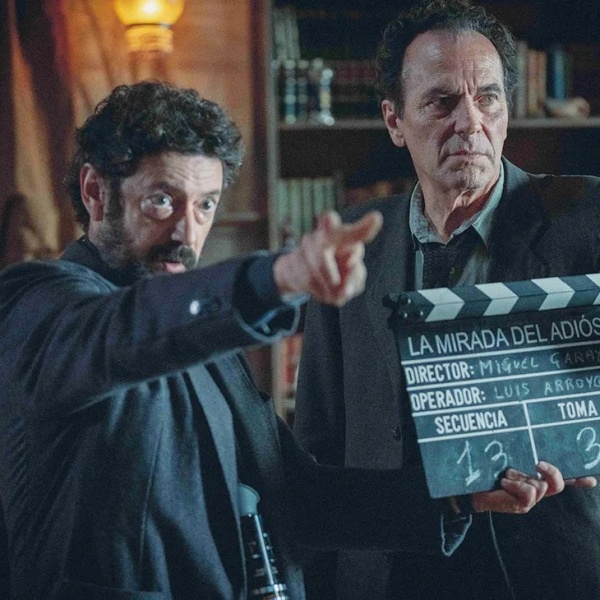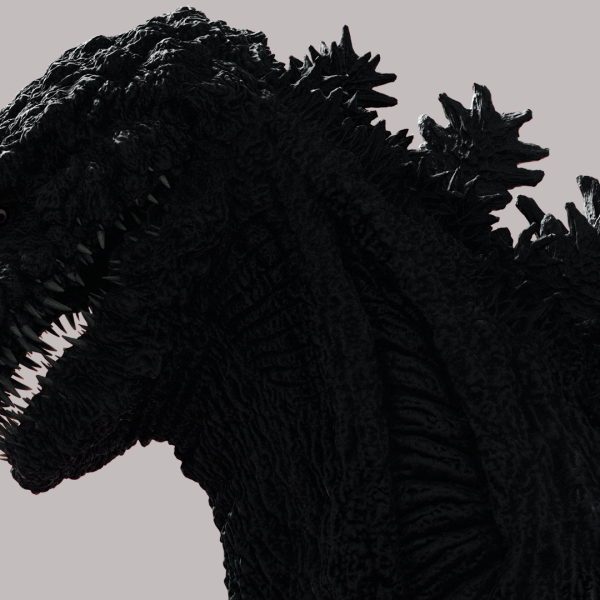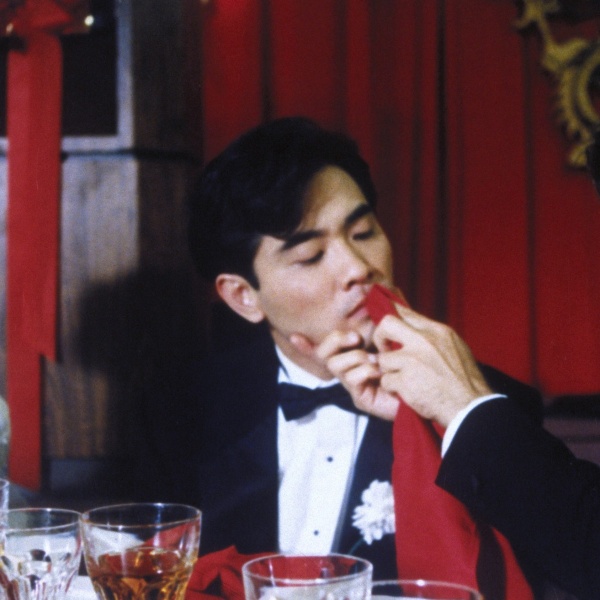The year is 1992. But in the high-spirited (and often just plain high) atmosphere of Hunter S. Thompson’s — sorry, “Walker Reade’s” — Colorado compound, it is perpetually 1975. And young Alley Russo (a luminous, deeply feeling Camila Morrone) is about to travel back in time. But will she be able to come back?
Alley’s story, the heart of Patricia Arquette‘s energetic feature directorial debut, is nothing new. Hell, it’s not even new to her. Based on Cheryl Della Pietra’s memoir of the same name — and here adapted by writers Jessica Caldwell and Rebecca Thomas (who previously wrote and directed “Electrick Children,” which shares plenty of DNA with “Gonzo Girl”) — Arquette’s film addresses that very idea, that there are always going to be eager, bright young women willing to work themselves to the bone in hopes of it pushing into the next echelon of life. Many of them will work for famous men to do that. Plenty of them even did exactly what Della Pietra did: work for the mercurial founder of gonzo journalism himself, Hunter S. Thompson (here, refashioned as “Walker Reade,” with Willem Dafoe aces at HST drag).
But what makes Alley’s story so compelling is that awareness of how truly not unique this is and how, through her own sheer force of will and a very queasy learning curve, Alley will still somehow make the whole affair feel special. After meeting Walker at a reading (the details of which are handled in sketchy, mostly unnecessary flashback), Alley packs up her bags and heads West to work for the burnt-out idol. Alley’s job, as dictated by longtime (and long-suffering) assistant Claudia (Arquette): work with Walker from 9 p.m. to 5 a.m. (his prime writing hours, too bad about how terribly they conflict with his prime drinking and drugging hours) for three months, get him to finish his latest manuscript (and make it good, goddammit), and she’ll get $25,000. Easy, right?
Distractions abound — the drugs, the booze, the stories, the guns, plus Walker’s thinly sketched girlfriend Devaney (an underused Elizabeth Lail) and Johnny Depp stand-in Larry Lukes (Ray Nicholson, just beginning to tap into his dad Jack’s flinty charisma) — but Alley has her marching orders. That all makes Alley’s immediate willingness to do whatever Walker asks of her feel so strange, as the character acquiesces to his demands so quickly and so totally, momentarily rendering Alley something else entirely (and not something good).
Caldwell and Thomas’ script struggles to thread that needle — the sway of Walker, the drive of Alley — eventually leading to a wholly expected and wildly out-of-place twist between the two, which mostly seems the product of thinking something like, “Well, there’s a bad power dynamic at play here, how do we show that in the most obvious way possible?” The film doesn’t need that, and Morrone and Dafoe sure don’t either.
What Della Pietra found in Colorado during her months-long sojourn into gonzo hell and back was more than enough for her memoir, and it’s more than enough for this high-flying cinematic version, which zips by on the strength of Morrone’s daring performance (she slips so easily between different tones, different moods, different Alleys, and all of it is a thrill to watch) and the jittery fun of Dafoe’s take on Thompson (sorry! Reade!). They’re fantastic together. You can’t wait to pull them apart and watch them rocket back into each other’s orbits.
As we come to learn, Alley may be made of steelier stuff than she initially lets on (and probably steelier stuff of any of her predecessors, of which we can only guess are many), but she’s still very young and wholly unprepared for the seemingly obvious mind games Walker and co. are eager to play on her. That she insists on writing all of her thoughts and schemes down in a journal she’s never compelled to hide very well — a born writer, she can’t help it — might as well be christened the “Chekov’s journal” principle, it’s all so clear where this is going.
But knowing that Alley survives — because Della Pietra did and wrote about the whole thing — doesn’t take anything away; we mostly just want to follow this disarming acid trip (literal, figurative) to see which rabbit hole it sends us down. It’s a stellar, smart debut for Arquette (who also turns in a strong supporting performance that pits her against both Morrone and Dafoe with unexpected results), an energetic and original spin on a concept that still bears repeating: Don’t ever count any girl out.
Grade: B
“Gonzo Girl” premiered at the 2023 Toronto International Film Festival. It is currently seeking U.S. distribution.
